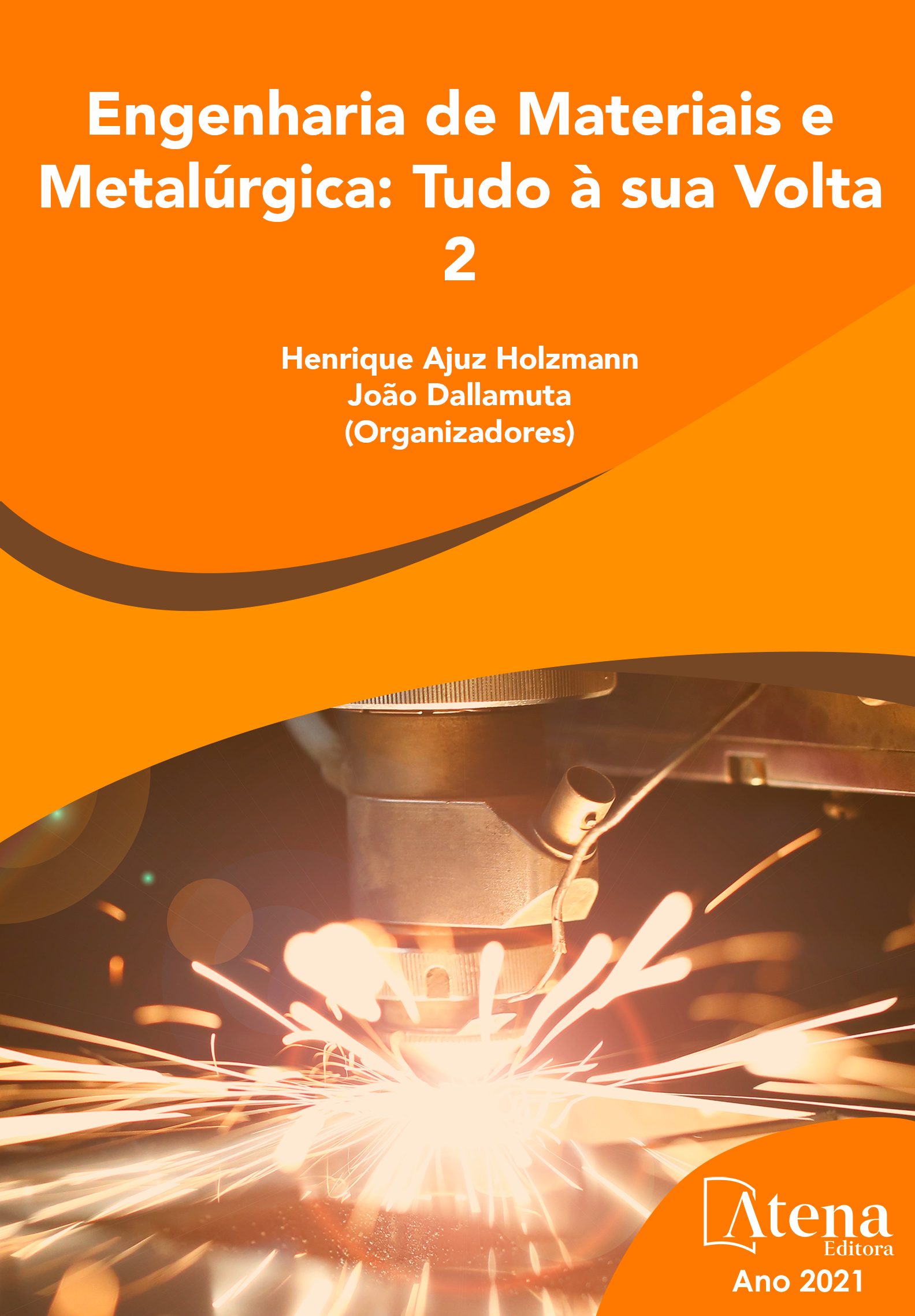
INFLUÊNCIA DO TRATAMENTO CRIOGÊNICO PROFUNDO NAS TEMPERATURAS DE TRANSFORMAÇÃO DE FASE E NA ESTABILIZAÇÃO DA CAPACIDADE DE RECUPERAÇÃO DE FORMA DA LIGA Cu-14Al-4Ni COM EFEITO MEMÓRIA DE FORMA
O tratamento criogênico profundo (TCP) é normalmente utilizado na indústria para melhorar as características de resistência ao desgaste dos aços-ferramenta. No entanto, pouco se sabe sobre os seus efeitos nos metais não ferrosos. O objetivo deste trabalho foi investigar como o TCP afeta as propriedades e o comportamento da liga Cu-14Al-4Ni tratada em diferentes tempos de encharque e submetidas a ciclagens termomecânicas. Foi realizada análise experimental comparativa das temperaturas de transformação, microdureza e capacidade de recuperação de forma da liga obtida por fundição, tratada por TCP e ciclada termomecanicamente. Os resultados mostraram que as ciclagens termomecânicas propiciaram o surgimento e crescimento da fase martensítica (γ’1), menos dúctil que a fase martensítica (β’1), e produziram um aumento das temperaturas de transformação martensíticas e da microdureza do material, além da redução da capacidade de recuperação de forma, dificultando o efeito memória de forma do material. O TCP propiciou a estabilização da fase martensítica (β’1) e, por consequência, a manutenção das temperaturas de transformação de fase e da capacidade de recuperação de forma do efeito memória de forma da liga.
INFLUÊNCIA DO TRATAMENTO CRIOGÊNICO PROFUNDO NAS TEMPERATURAS DE TRANSFORMAÇÃO DE FASE E NA ESTABILIZAÇÃO DA CAPACIDADE DE RECUPERAÇÃO DE FORMA DA LIGA Cu-14Al-4Ni COM EFEITO MEMÓRIA DE FORMA
-
DOI: 10.22533/at.ed.6222105044
-
Palavras-chave: Tratamento criogênico profundo, Ligas com efeito memória de forma, Liga Cu-14Al-4Ni.
-
Keywords: Deep cryogenic treatment, Shape memory alloys, Cu-14Al-4Ni alloy.
-
Abstract:
Deep cryogenic treatment (TCP) is commonly used in industry to improve the wear resistance characteristics of tool steels. However, little is knows about its effects on non-ferrous metals. The objective of this work was to investigate how the TCP affects the properties and behavior of the Cu-14Al-4Ni alloy treated at different immersion times and submitted to thermomechanical cycling. A comparative experimental analysis of transformation temperatures, microhardness and recovery capacity in the alloy obtained by casting was carried out, treated by TCP and cycled thermomechanically. The results showed that thermomechanical cycling provided the appearance and growth of the phase martensitic (γ’1), less ductile than the martensitic phase (β’1), and produced an increase of martensitic transformation temperatures and of material microhardness, in addition to the reduction the shape recovery capacity, making the memory effect of the material difficult. TCP provided the stabilization of the martensitic phase (β’1) and, consequently, the maintenance of phase transformation temperatures and of the shape recovery capacity of the alloy shape memory effect.
-
Número de páginas: 20
- Marcelo Nava
- Emmanuel Pacheco Rocha Lima


